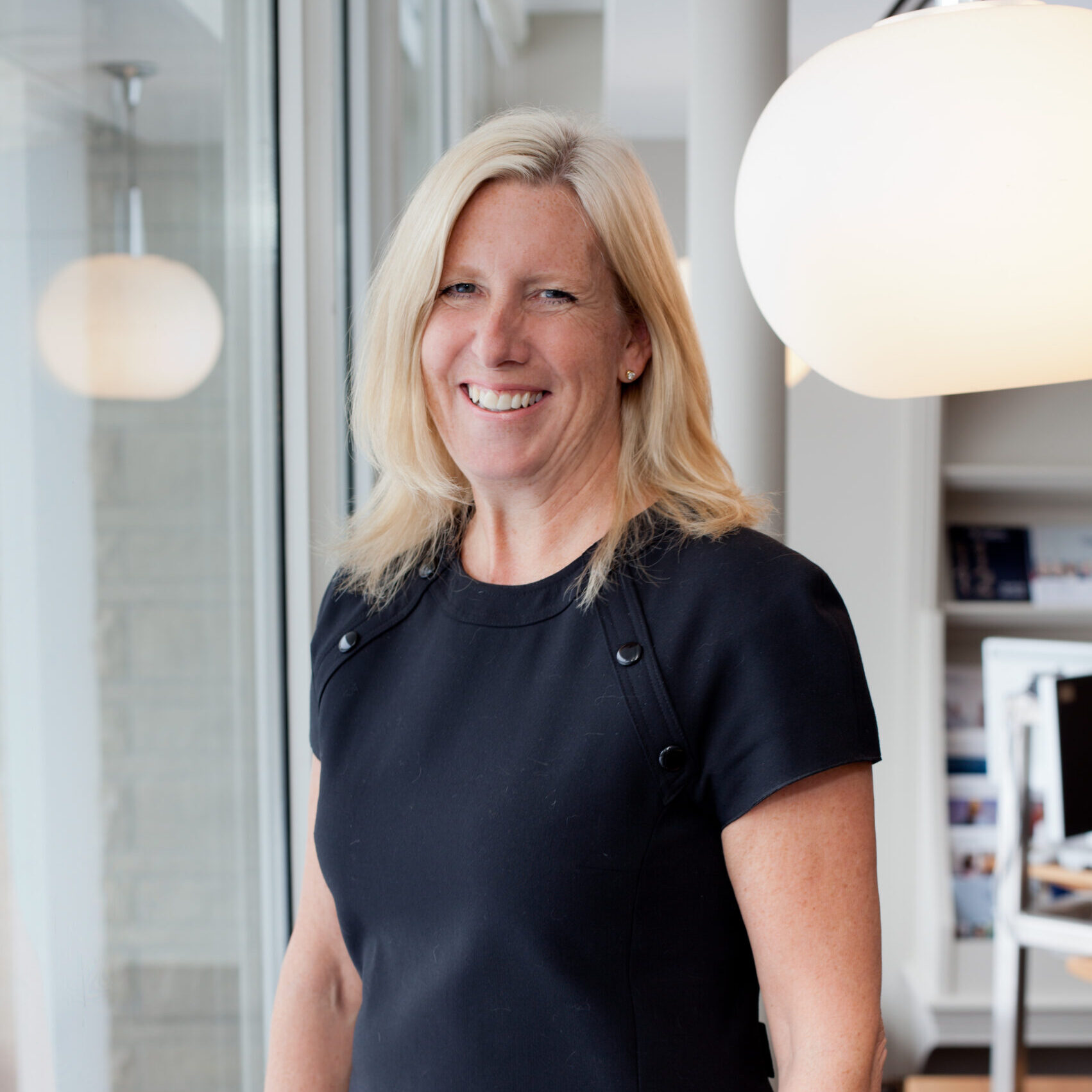By…
This Smith School of Business Professor Explains the Transformative Power of Purpose-Driven Organizations
Elspeth Murray, Professor of Strategy and Entrepreneurship at Queen’s, shares her insights

By Sarah Kelsey
According to Elspeth Murray, transforming or building a business to become more purpose-driven is not just the right thing to do, it’s the smart thing to do.
The professor of strategy and entrepreneurship at Smith School of Business, Queen’s University, knows first-hand how even small changes can make a big impact on business and the world. She sees it with the students and alumni who are launching social enterprises, in the thought leadership of her colleagues, and in the corporations that are shifting their policies and practices to focus on more than the bottom line.
Incorporating a purpose beyond profit has also come to be expected of business. “Society as a whole is looking to businesses to help solve some of the world’s most pressing issues, from climate change to economic inequality,” Elspeth explains.
At the individual level, she notes that people have started to view their lives more holistically and are seeking work that closely aligns with their values. Research has found that 72 per cent of people feel it’s important to work for an organization with a purpose they believe in.
“Yes, you need to drive shareholder value, but driving those returns isn’t the only thing you can and should do,” Elspeth says. “You need to also drive to do better in the world
It is happening. Businesses are starting to marry purpose and profit. “We see a lot of evidence in startups that are purpose-driven because of how nimble they can be, but even massive companies — though changing their internal structures and processes is like moving a cargo ship — are reinventing themselves,” she says.
Elspeth points to one of her former students — Jenny Lemieux of Vivid Machines — as an example.
The graduate of Smith’s Master of Management in Artificial Intelligence program and her co-founder Jonathan Binas have created a cutting-edge vision technology to help fruit growers produce more food on existing acreage while providing early yield predictions to packhouses, marketers and retailers. Their goal is to revolutionize the fruit supply chain, something that’s deeply personal to Jenny, who comes from a long line of farmers.
“Through Smith, she was able to dig into her passion, identify a real problem and figure out how to use design thinking to solve it,” Elspeth says. “She also critically worked to avoid some of the biggest reasons businesses fail early, such as running out of cash or building the wrong team. Now, she’s transforming the fruit agriculture industry and running a successful, passion-driven business.”
At the corporate level, companies like Unilever are leading the way. The consumer goods company created a sustainable living plan several years ago, covering everything from greening its factories to generating products with zero waste. The company’s leadership has also sought to launch and acquire brands with strong social impact missions — like home-care brand Seventh Generation and skin-care brand Paula’s Choice — to learn from and grow its sustainable living portfolio.
“These leaders know you learn through osmosis and who you surround yourself with, so finding and delivering on your purpose goes beyond just policies,” Elspeth says.
According to her, we need more stories like these, “We need people and businesses to lean in and do small but impactful things that collectively add up to making a much larger impact and that help solve the world’s most pressing issues.”
It’s not only good for the world, but good for business too. Data shows people who find purpose in their work are more productive. They are also more loyal, engaged and more likely to recommend your company to others.
Elspeth believes this recent wave of “purpose-driven businesses” isn’t just a fad. This is the trajectory that businesses big and small should be on.
So where do businesses and entrepreneurial-minded individuals start? Building a purpose-driven organization is also about perseverance, digging deep, and creating something that goes beyond financial wealth. It takes grit, optimism, and the ability to tune out the negative. It requires really knowing who you are, your skills, and pinpointing the exact problem you want to solve.
Delivering on that purpose might also involve education and working with mentors and advisors to figure out how to build a business plan or pivot a business strategy around a point of passion. This is particularly true for students and entrepreneurs who are just beginning their business journey at Smith.
“There’s great power in finding purpose to solve today’s greatest issues,” Elspeth says. “There’s great power in standing together and demanding change. There’s great power in making small moves that will add up over time. In periods of uncertainty and overwhelm, the worst thing to do is to do nothing. And right now, I feel like we’re all trying to do something. That’s exciting.”
By:…
Four Empowering Strategies to Overcome Imposter Syndrome
By:…
Adapting Leadership: Why Traditional Models Fall Short in Today’s Dynamic Workforce
Women…
New Survey Reveals that Almost 80 per cent of Women Face Ageism in the Workplace
You…
You Need to Meet: Dr. Dana Sinclair, a Performance Psychologist Helping Athletes and Professionals Excel
You…

